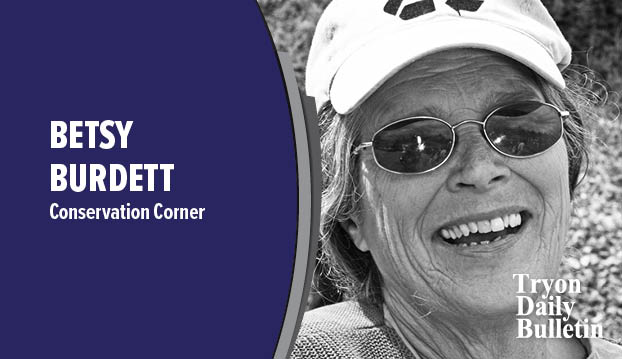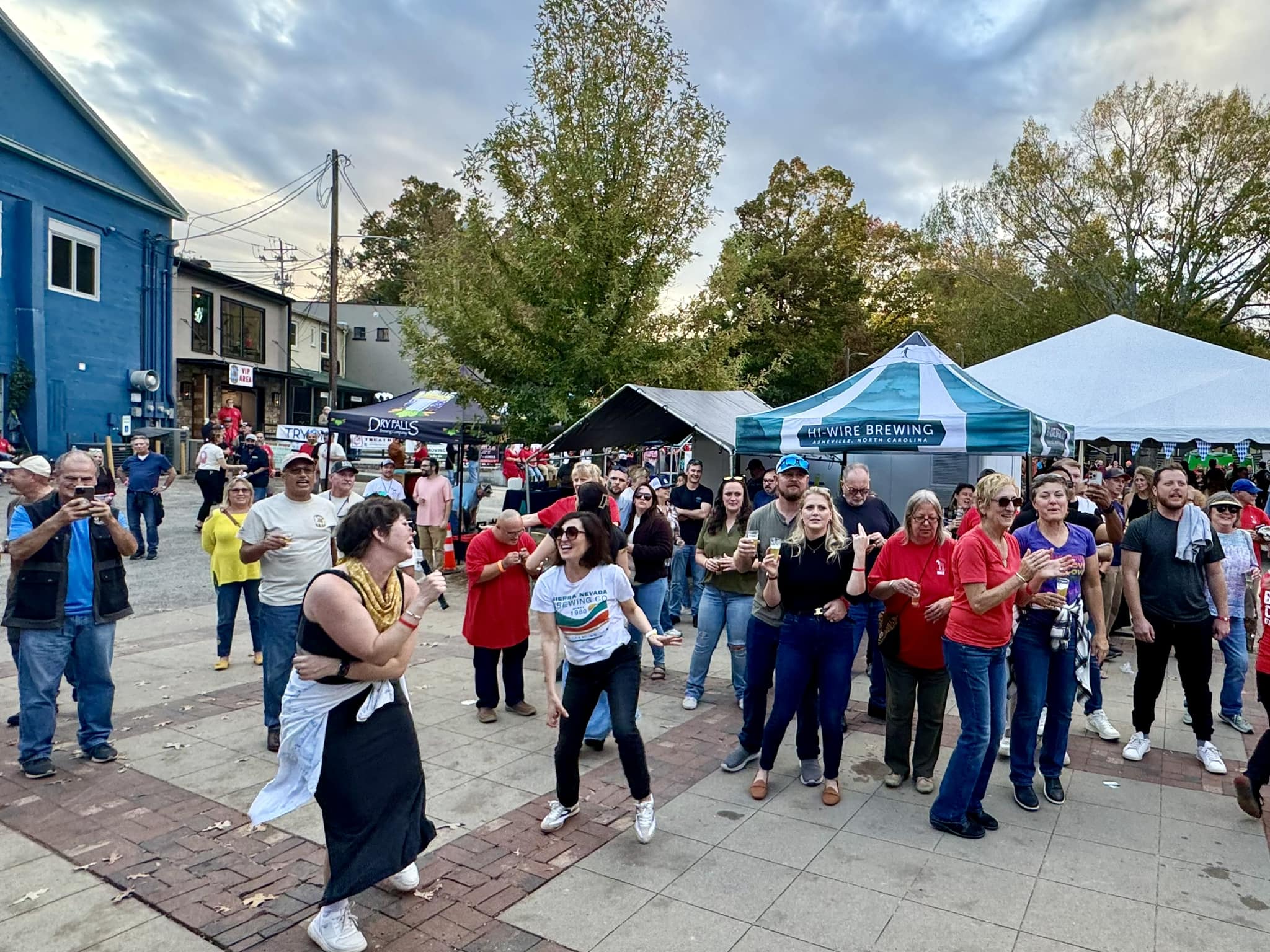Five words worth more than ten dollars
Published 12:54 pm Friday, May 2, 2025
|
Getting your Trinity Audio player ready...
|
Many years ago, when our children were young, we received a postcard from one of their Sunday school teachers in the middle of the week, offering them $10 if, next Sunday, they brought a dime and could come up with five words worth more than $10. For an eight or 10-year-old boy in the 1980s, that was quite a deal. I don’t know if the boys thought about those ‘mysterious’ five words, but I certainly did. And I’ll never forget those five words because they are worth more than any amount of money.
The words are “Think of the other guy.”
We are living in a world consumed with “me” language:
Trending
“Do what’s best for you.”
“Get what you can. Get ahead of your neighbor.”
“Leave our environmental problems to the next generation. Pave it now.”
“Don’t worry about the environment somewhere else so long as we’re fine here.”
The list goes on and on.
What I’ve heard so many times when I’m talking to (old) landowners about protecting their land with a conservation easement is, “Oh, I do not need to worry about what will happen to my land after I’m gone. That’ll be someone else’s problem.”
Trending
In this last example, the ‘other guy’ is our children, the next generation that will face problems in the future that we cannot even comprehend. Considering the other person can be complicated, and there are no set rules on how to do it.
Recently, I’ve been thinking about how much we can learn from Mother Nature and how she has been able to survive in a world that is changing for the worse, year after year. How many species of animals and plants have become extinct? Yet how have so many survived?
As I walk through the woods, I see numerous examples of different plants coexisting – two trees that were born too close together to survive, so they chose to intertwine with each other and support one another against strong winds. When we clear-cut a forest, the air-born poplar seeds nest on the barren soil, and poplars take over. But, in time, some oaks and maples start growing under the umbrella of those poplar trees. Each species has distinct habits and needs, yet they manage to coexist. Can we do that? Can we learn to be different yet respect those differences, giving us all a place to live in peace?
I think that we make a mistake when we believe that everyone should be the same, that we should all live a certain way and be educated a certain way, etc. Just like much of life in our natural world, we’re all different, with varying wants and needs, and we must respect those differences. Some trees thrive on north-facing slopes, while others do not. Is one better than the other? No, we’re all different, just like the trees. We must learn to hold together and respect our differences, just like those trees that intertwine for strength. The trees, the birds, and the possums have a lot to tell us, but we must listen and watch.
Think of the other guy, and that guy may be the bear sitting on your back step; he needs to find a place of his own, away from cars and garbage cans. Now, fixing that problem will take a lot of thinking!






